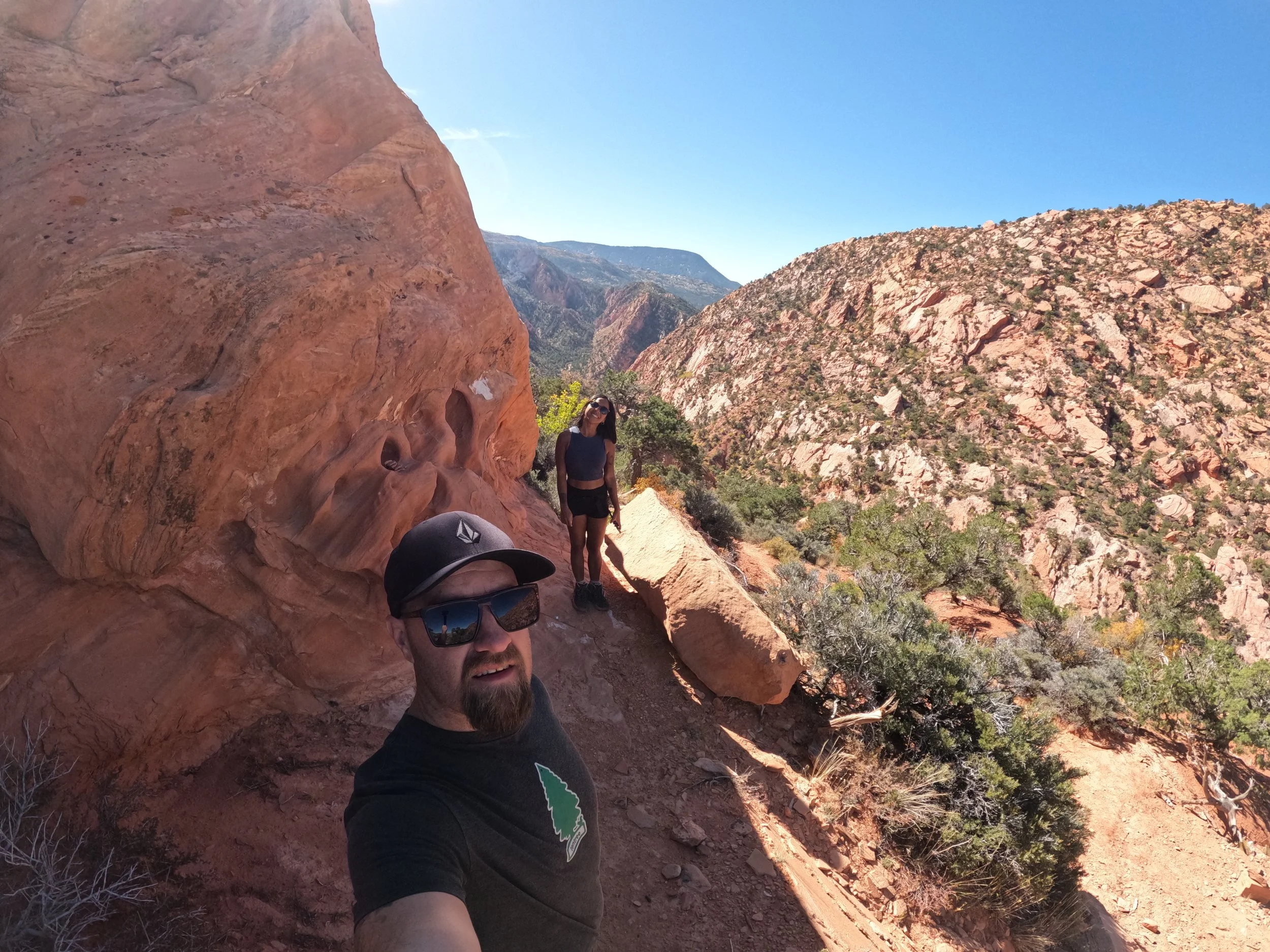Get Ready to Ski: A Pre-Trip Preparation Checklist
Are you ready to hit the slopes for ski season? Whether you’re a seasoned pro or a brand new skier, some essentials will keep you safe while maximizing your time and energy on the snow. To get the most out of your skiing experience, it all starts with proper planning and preparation, which is why we’ve put together this pre-trip checklist. So start packing smart; here's everything you need to know before gearing up for an unforgettable ski trip!
Choose the right clothing for the slopes
When it comes to skiing, choosing the right clothing is crucial for both comfort and safety. The key is to dress in layers that will keep you warm and dry while allowing for movement and flexibility. Start with a moisture-wicking base layer made of materials such as merino wool or synthetic fabrics like polyester or nylon. This will help regulate your body temperature by wicking sweat away from your skin. Next, add an insulating layer made of fleece or down to provide warmth. Finally, top it all off with a waterproof and breathable outer shell to protect you from wind, snow, and moisture. Make sure to also pack extra layers in case the weather changes or you need more insulation.
Invest in quality snow gear
Investing in quality snow gear is crucial for a skiing trip. This includes skis, boots, poles, helmets, goggles, and more. Optimal performance on the slopes requires the right equipment that fits your body and skill level. Ensure skis are properly sized and tuned for your height and weight. Comfortable and well-fitting boots are essential for long periods of wear. Poles should be the correct length with a sturdy grip. Safety gear like helmets and goggles protect from injuries. Consider a lens insert for clear vision without fogging or falling off. Quality snow gear improves the skiing experience and keeps you safe and comfortable during your trip.
Stock up on snacks and drinks
Skiing requires a lot of physical exertion, so it's crucial to fuel your body with the right food and drinks throughout the day. Stock up on healthy snacks that are high in protein and carbohydrates, such as energy bars, nuts, and dried fruits. These will provide sustained energy to keep you going on the slopes. It's also important to stay hydrated while skiing, so make sure to pack water or electrolyte-rich drinks. Avoid sugary and caffeinated beverages as they can lead to dehydration and energy crashes. Keeping your body fueled and hydrated will not only improve your performance but also prevent fatigue and potential injuries on the slopes.
Pack a first-aid kit in case of any accidents or injuries
Pack a first-aid kit along with your ski gear and snacks for any accidents or injuries on the slopes. Include bandages, pain relievers, antiseptic wipes, and blister pads. Being prepared is crucial. Familiarize yourself with basic first-aid techniques before your trip to handle injuries effectively. Having a readily available first-aid kit can also assist other skiers in need.
Research ski resorts and decide which one is right for you and your experience level
Before setting off on your ski trip, it's important to research different ski resorts and decide which one is right for you and your experience level. Some resorts cater more towards beginners with gentle slopes and ski lessons, while others offer challenging terrain for advanced skiers. It's also important to consider the snow conditions of each resort, as well as the amenities they offer such as lodging, restaurants, and ski rentals. Also, reading reviews from other skiers can give you a better understanding of the overall experience at each resort.
Find out if you need a lift pass or rental equipment before arriving at the resort
Most resorts require a lift pass for access to their slopes, and it's important to purchase these in advance to save time and avoid long lines at the resort. If you don't have your ski gear, make sure to reserve rental equipment beforehand as well. This will ensure that you have the right equipment and avoid disappointment if the resort runs out of rentals. Some resorts offer bundle deals for lift passes and rental equipment, so it's worth researching and comparing prices to save money. Planning and knowing exactly what you need before arriving at the resort will make your trip much smoother and more enjoyable.
Proper planning and preparation are crucial for a successful skiing trip. Follow this checklist for a safe, comfortable, and fun time on the slopes. Choose suitable clothing, invest in quality snow gear, pack snacks and drinks, bring a first-aid kit, research and select ski resorts, and check if you need a lift pass or rental equipment. With these tips, you'll hit the slopes with confidence and maximize your skiing experience!











